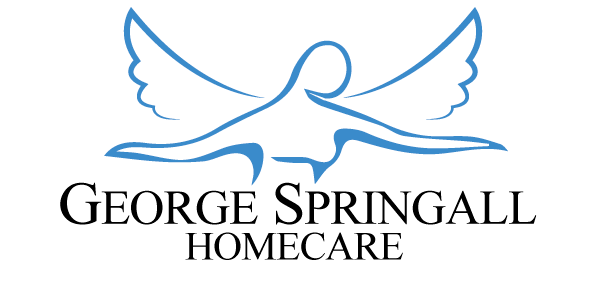
ACQUIRED BRAIN INJURY
While research has demonstrated that thinking and behaviour may be altered in virtually all forms of ABI, brain injury is itself a very complex phenomenon having dramatically varied effects on the life of the person suffering with ABI and on the lives of the people around him / her.
Consequences of ABI often require a major life adjustment around the person's new circumstances, and making that adjustment is a critical factor in recovery and rehabilitation. While the outcome of a given injury depends largely upon the nature and severity of the injury itself, appropriate treatment plays a vital role in determining the level of recovery.
At George Springall Homecare, we understand these challenges and can provide care and support to help you and your family through the difficult times
Signs and symptoms
Symptoms include:
-
Anhedonia
-
Apraxia
-
Aphasia
-
Amnesia
Behavioral manifestations include:
-
Adynamia
-
Disinhibition
-
Emotional flooding
-
Perseveration
Emotional
ABI has been associated with a number of emotional difficulties such as depression, issues with self-control, managing anger impulses and challenges with problem-solving, these challenges also contribute to psychosocial concerns involving social anxiety, loneliness and lower levels of self esteem. These psychosocial problems have been found to contribute to other dilemmas such as reduced frequency of social contact and leisure activities, unemployment, family problems and marital difficulties.
How the patient copes with the injury has been found to influence the level at which they experience the emotionally complications correlated with ABI. Three coping strategies for emotions related to ABI have presented themselves in the research, approach-oriented coping, passive coping and avoidant coping. Approach-oriented coping has been found to be the most effective strategy, it has been negatively correlated with rates of apathy and depression in ABI patients, this coping style is present in individuals who consciously work to minimize the emotional challenges of ABI. Passive coping has been characterized by the person choosing not to express emotions and a lack of motivation which can lead to poor outcomes for the individual. Increased levels of depression have been correlated to avoidance coping methods in patients with ABI, this strategy is represented in people who actively evade coping with emotions. These challenges and coping strategies should be kept in consideration when seeking to understand individuals suffering from ABI.
Memory
Following acquired brain injury it is common for patients to experience memory loss; memory disorders are one of the most prevalent cognitive deficits experienced in sufferers. However, because some aspects of memory are directly linked to attention, it can be challenging to assess what components of a deficit are caused by memory and which are fundamentally attention problems. There is often partial recovery of memory functioning following the initial recovery phase; however, permanent handicaps are often reported with ABI patients reporting significantly more memory difficulties when compared people without an acquired brain injury.
In order to cope more efficiently with memory disorders many people with ABI use memory aids; these included external items such as diaries, notebooks and electronic organizers, internal strategies for example visual associations, and environmental adaptations such as labelling kitchen cupboards. Research has found that ABI patients use an increased number of memory aids after their injury than they did prior to it and these aids vary in their degree of effectiveness. One popular aid is the use of a diary, studies have found that the use of a diary is more effective if it is paired with self-instructional training, this was related to more frequent use of the diary over time and proved to be more successful as a memory aid.
Our support and care
George Springall Homecare provides dedicated and experienced staff to help you maintain your quality of life and support you and your family through the difficult times. We create a specialized care plan that focuses on meeting all your needs. We support you set up realistic goals you wish to achieve and we are there to help when ever you need through out your journey to achieving your goals.
This might include:
helping with personal care and getting you ready for the day or for a good night sleep
maintaining your dignity and comfort
prompting or administering your medication to manage your symptoms
assisting with nutrition and hydration to keep you healthy
assisting with routine household chores and shopping so your home life is as you would like it to be
emotional or social support to keep you connected to the people who are important to you
support with rehabilitation to get back to a normal life and independence
Further information and support is available from the Brain Injury Association and Acquired Brain Injury Society.
Contact us to discuss your care and support service for you.


